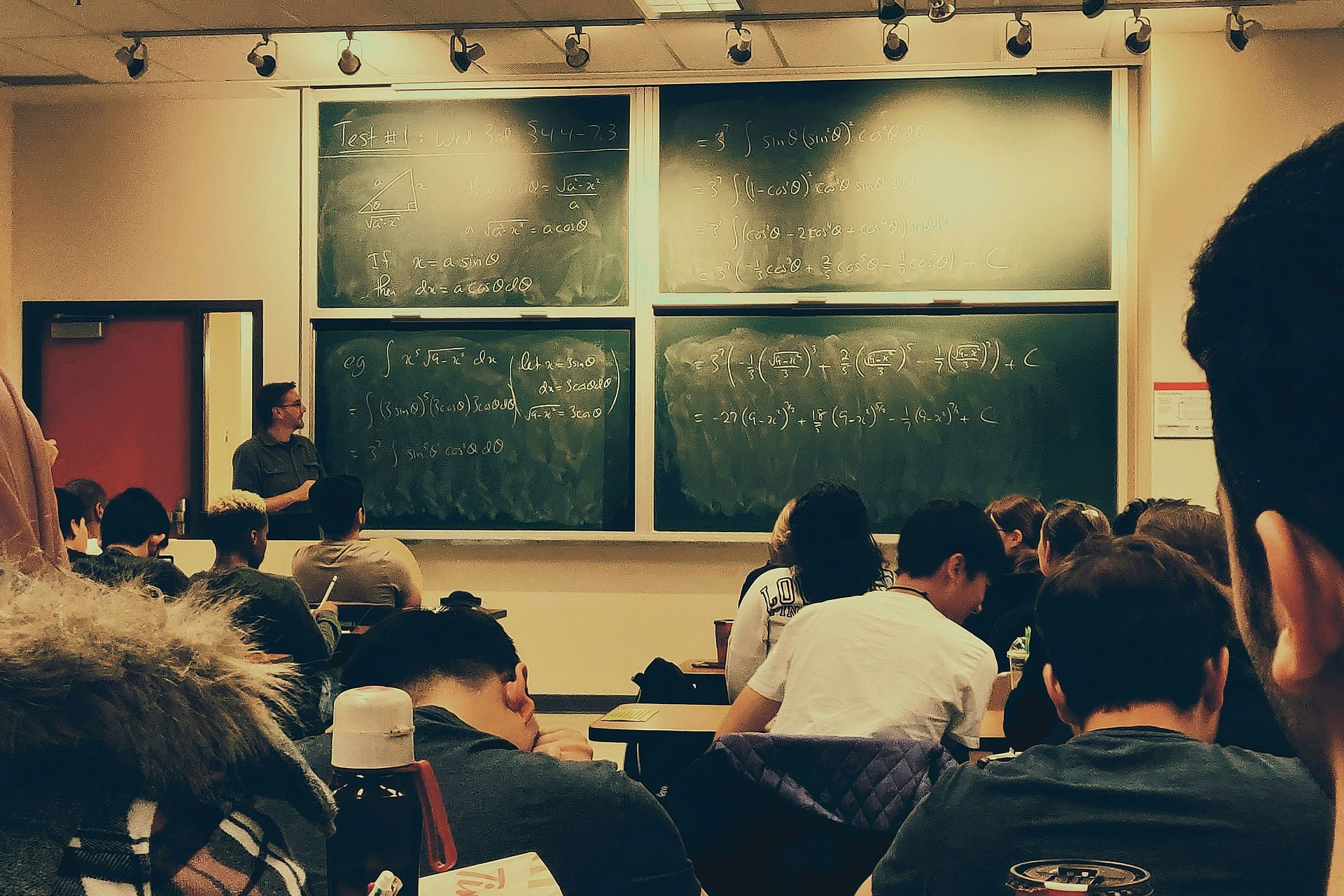The Gender-Equality Paradox: Development doesn't mean equality between men and women
Have you heard of the Gender-Equality Paradox? This is the phenomenon that a more egalitarian society usually has bigger professional gaps between men and women.
A 2018 study, published in the journal 'Psychological Science', showed that in the United States, where women are generally free to pursue whatever career they wish, only 18% of computer science university graduates are women.
@National Cancer Institute / Unsplash
At the same time, in Algeria, where only 15% of women work, they represent 41% of people with science, technology, mathematics, and engineering degrees.
@Kheldoun Imad / Unsplash
The study, which focused on 475,000 individuals spread across 67 countries, revealed that this example is not an exception but a global trend.
@Redd F / Unsplash
In other words, countries that are less equal between men and women are also those places where the percentage of women pursuing STEM careers is the highest.
@Brooke Cagle / Unsplash
Therefore, nations like Algeria, Vietnam, and Albania have a higher proportion of women pursuing these careers than the Netherlands, Belgium, and Sweden.
@Linus Mimietz / Unsplash
The authors of this research have a theory about the cause of this phenomenon: The reason, they say, is that people prioritize stable, lucrative careers more in the most unequal countries, which are also the least financially secure.
@Sincerely Media / Unsplash
The authors of the Psychological Science study are cited by Slate arguing that more egalitarian countries, gender-wise, also tend to be welfare states with a high level of social security. Women can choose their careers by other factors, beyond financial security.
@Brooke Cagle / Unsplash
Furthermore, the analysis shows that girls are as good as boys in sciences, and beat them in reading skills. Therefore, when they have to choose a career path, they can focus on what they enjoy and what they excel at.
@javier trueba / Unsplash
Taking the UK as an example, researchers show that only 29% of graduates from STEM subjects are women. A number which should rise to 48% based on skills alone and 39% taking into consideration the skills and tastes of students.
This gap could be explained partially by the existence of extensive social protection, and the other half by a difference in taste. Of course, this opens the age-old debate on the role of gender stereotypes in personal choices.
@Mikael Kristenson / Unsplash
Indeed, the gender-equality paradox seems to show that old stereotypes have not disappeared, such as thinking sciences or tech as careers dominated by men.
@Artturi Jalli / Unsplash
The conclusions of the 2018 study have been called into question by other research, which highlights the impact of gender stereotypes in study and career choices.
@Talha Hassan / Unsplash
Researchers from Paris-Dauphine University, in France, measured the influence of the stereotypical idea that “mathematics is not for girls” by evaluating the attitude among 300,000 15-year-old students, boys and girls, in 64 countries.
@sean Kong / Unsplash
“It then becomes clear that the stereotype associating mathematics with men is stronger in more egalitarian and developed countries,” indicates the summary of the study.
@Shubham Sharan / Unsplash
“This stereotype is also strongly associated with the underrepresentation of women in mathematics-intensive fields and can fully explain the gender equality paradox,” the researchers from the Paris-Dauphine University highlight.
@Lucas Vasques / Unsplash
Furthermore, the statistical analysis shows no connection between social development and the under-representation of women. Conversely, the link between stereotypes and underrepresentation is the same, regardless of the level of development.
@Annie Spratt / Unsplash
The French study attributes the existence of a gender gap to stereotypes alone. However, the question remains on the low number of women in scientific fields in the most egalitarian societies.
@ThisisEngineering / Unsplash
More for you
Top Stories































